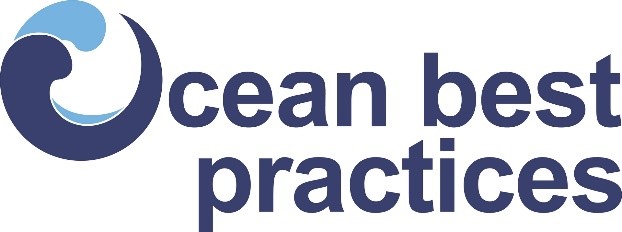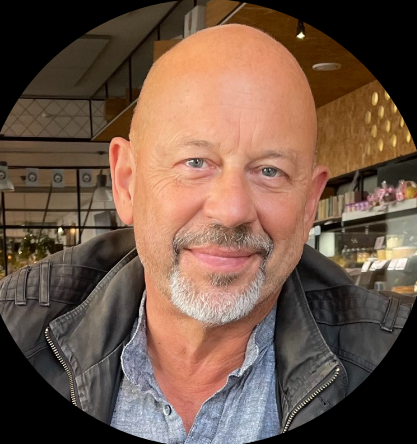About
The COLaB initiative started out in the Indian Ocean, as a collaboration between the SIBER programme and the CLIVAR Indian Ocean Resource Panel (IORP). But it has now become global, since its association with an Ocean Best Practises task team and its recent endorsement by the UN Decade of the Ocean under the CoastPredict programme (https://www.coastpredict.org/).
COLaB was motivated by the lack of reliable and comparable observations across much of the coastal ocean, despite the immense importance of coastal processes and their immediate relevance to large human populations. In many cases, the lack of data is due to lack of capacity in under-resourced countries. But there is a misperception that good results can only be obtained with expensive equipment and facilities.
COLaB is centred around “old-school” techniques, for water sampling and for determining a range of essential physical, biogeochemical and biological essential ocean variables. Our objective is to develop a package of tools that will include highly affordable oceanographic and analytical instruments. Wherever possible, the instruments will be open-source such that they can potentially be manufactured by the end user.
Ultimately, our main goal is to equip and train multi-skilled coastal oceanographers in under-resourced countries, who can in turn train others. The end users will include not just academic institutions and early career scientists, but NGOs, MPA and fisheries managers, port authorities and the mariculture industry (etc).
An additional objective is to enable standardised observations that can be compared to data of other COLaB end-users, to allow region- or basin-wide comparison and modelling, and to validate or complement remotely sensed data.
Further key objectives are that instrument packages be highly portable, that all instruments can be deployed from small boats (without a winch) and that chemical analyses do not require a full laboratory. Together with affordability, the range of instruments and methods offered will permit a wide range of scientific questions to be addressed, in settings ranging from wetlands to estuaries and out to the shelf edge.
COLaB will also include user-friendly modelling tools and a data management package that will allow easy upload and access.
We have put together a team of staff who will create protocols for all techniques, and will lead in-person training activities at regional training camps. We will also create instructional videos online. Finally, to maximise data quality assurance, we will conduct interlaboratory standardisation exercises for chemical methods, and will create regional hubs for cross-calibration of COLaB hydrographic instruments.










